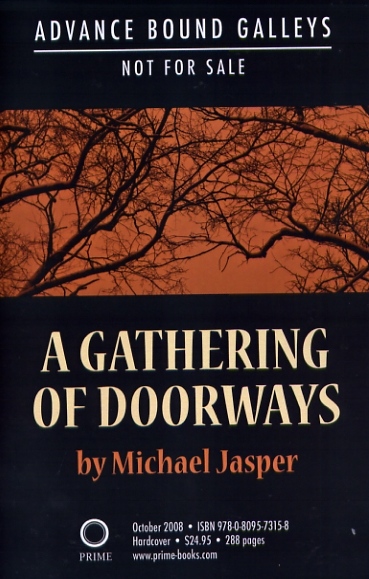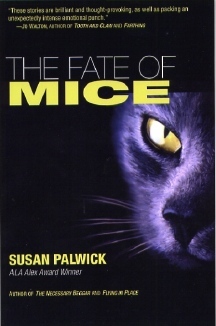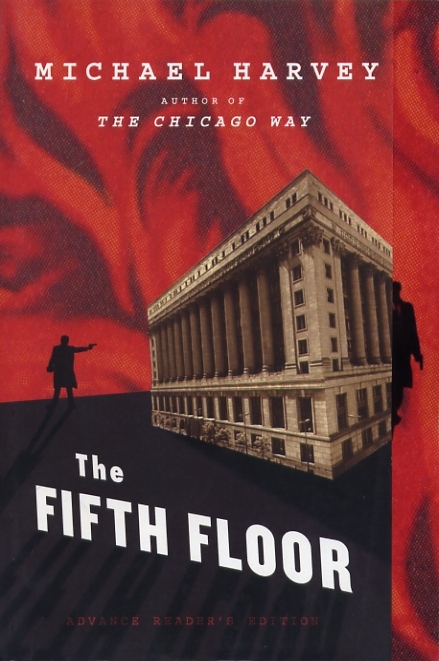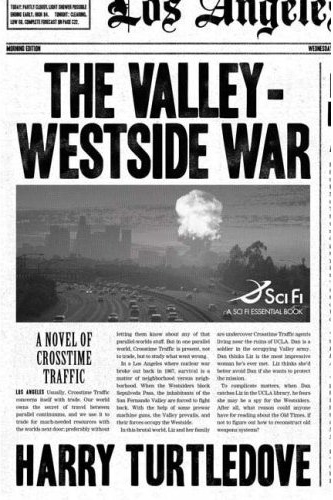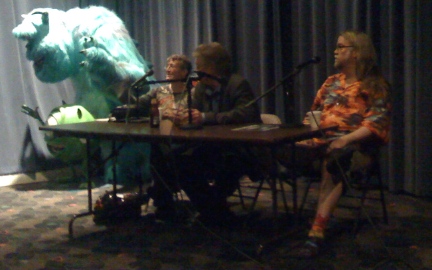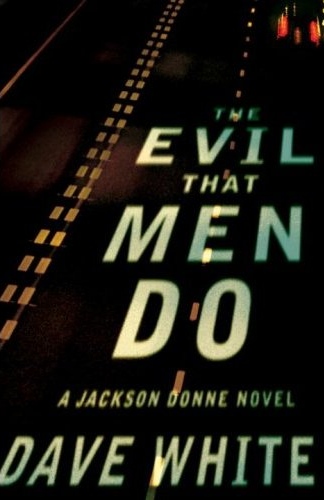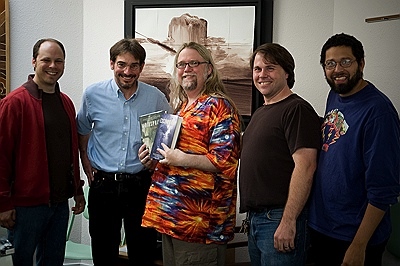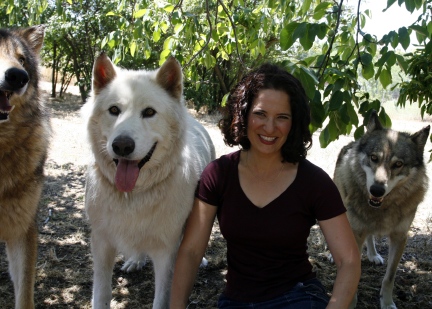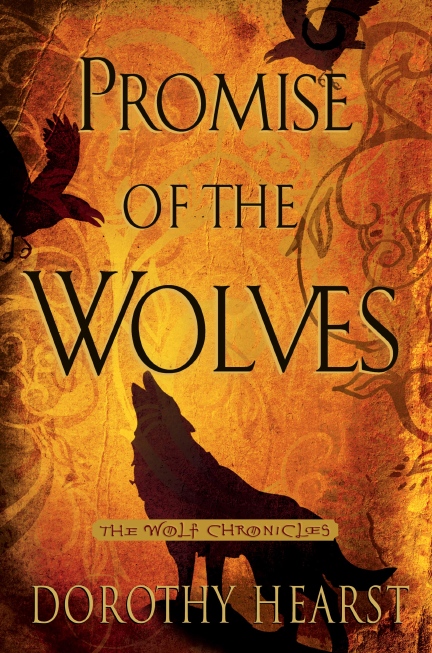|
|
|
|
This Just In...News
From The Agony Column
|
| |
|
07-18-08: Michael Jasper Opens 'A Gathering of Doorways' ; Agony Column
Podcast News Report : Susan Palwick Reads at SF in SF on July 12, 2008
|
What is Classic
Eighties Horror?
The 1980's saw an explosion
in the horror genre. The success of writers like Stephen King, Clive Barker
and Peter Straub led to the publication of hundreds of lesser-selling
but often equally skilled writers, all working in the same sort of territory
now called "Eighties Horror"– at least by me, in this
particular article. Eighties Horror is real (Dis)Comfort Reading, providing
a frisson of fear served up with a heaping helping of familiarity.
By "familiarity" I mean the general setting and characters to
be found within the vast majority of these books. Eighties horror was
a success because it was the first time the audience found something remotely
resembling the reality they experienced portrayed on the pages, mixed
of course, with that leavening of the fantastic. And thinking back on
it now, Eighties Horror was really the first time this had been done.
The prototypical Eighties Horror novel offered as its center a middle
to lower-middle class family, generally struggling financially, and often
emotionally. Strip out the ghosts, werewolves, and the whatevers and youd
have a mundane and generally uninteresting story; or rather a story that
the readers were themselves living. Throw in that soupcon of the supernatural
it all starts to seem more interesting; the weirdness offered the writers
a way of externalizing the uglier demons of suburbia in a manner that
provided a plot driver and some nice, if odd and occasionally threatening
scenery. Stir not-too-gently, kill off some ancillary characters, shatter
your readers' hearts by knocking off a protagonist and let it run between
300 and 500 pages. It's not life as we know it but rather life as we feel
it, monsters and all.
Of course, Eighties Horror overplayed its hand and overstayed its welcome.
The big names have survived, in some tattered state. But once in a while
the genre gets an injection of new blood from an unexpected direction.
Having found Michael Jasper first in Interzone,
with a story he later expanded into the science fiction novel 'The Wannoshay
Cycle', I pretty much expected him to pop out SF novel after SF novel.
So when I got 'A Gathering of Doorways' (Prime ; October 2008 ; $24.95),
I saw the name and thought, "That guy sounds familiar," but
because of the novel's pure Eighties Horror premise, it took me a long
time to connect it with the guy who wrote 'The Wannoshay Cycle'. But here
it is and happy am I to immerse once again in stories of struggling families
who get much more than they bargained for. In this case, Gil and his wife
Melissa have moved out to the country with their "adventurous"
five-year-old son Noah. Turns out the country wants them in a big way
– perhaps as an aperitif, perhaps a main course. And we're off into
a world where ex-suburbanites have meaningful dreams and children disappear
even if they are watched by their fathers – which theyre
not. Jasper handles the mundane and surreal aspects of Eighties Horror
with confidence and imagination. 'A Gathering of Doorways' is classic
(Dis)Comfort Reading. When youre continually pressurized by debt
and employers who think they own your life, it's actually nice to think
that there's something else out there, even if it wants to eat you.
|
Agony Column Podcast
News Report : Susan Palwick Reads at SF in SF on July 12, 2008 : Sorrel's
Heart
Today's podcast, from
SF in SF on July 12 begins with an appreciation of Thomas M. Disch by
Jacob Weisman and Terry Bisson. Then prepare to have your heart broken
– and redeemed by Susan Palwick's story from 'The
Fate of Mice', 'Sorrel's Heart'. Here's
a link to the MP3; this story simply needs to be heard.
|
| |
|
07-17-08 : Michael Harvey Steps Up to 'The Fifth Floor' ; Agony Column
Podcast News Report : Jay Lake Interviewed at SF in SF
|
Historical Reach
Swamps Hysterical Spouse
|
ARC
scrounged from Capitola BOok Cafe. |
Michael Harvey
is back! I totally loved his debut novel, 'The
Chicago Way', which I read while attending the Singularity Summit
last year. 'The Chicago Way' introduced Michael Kelly, a low-key ex-cop
PI written in classic prose and set in the current day. Harvey hit the
grace notes just right with this novel, keeping the whole shebang both
classy and gritty – a difficult feat that he handled with absolute
reading ease. Now he's back with 'The Fifth Floor' (Knopf / Random House
; August 26, 2008 ; $23.95), and Michael Kelly is back as well. Things
start off in a classic-enough mode; Kelly is helping Janet Woods, an old
flame who is married to a bad seed named Johnny Woods. Easy-peasy, he
decides to follow Johnny and see what's the what. He doesn't anticipate
heroics. Maybe a quiet talk with the abuser, or perhaps just a look-see
for a potential mistress. But what he steps in to is considerably more
dangerous and tied to the sordid history of the other major character
in the series, Chicago. Unfortunately, you poke the history of a city
like Chicago, you're likely to get some blowback in the present. Not that
Kelly will concern himself about such potentialities until the present
themselves. Usually armed.
Michael Harvey was an engaging
interview back when I spoke to him who would have sold me on the book
had the book not already sold itself by virtue of being a great read.
Here, he continues to display his knack for creating the language, characters,
conflicts and feel of the classic mysteries in a current setting. If you've
not read 'The Chicago Way', the trade paperback reprint is out now (Knopf
/ Random House ; July 8, 2008 ; $13.95). As a word of warning, should
you spring for that one, expect to pre-order 'The Fifth Floor'. Kelly
– and Harvey – are the sorts of characters you'll want to
have around.
|
Agony Column Podcast
News Report : Jay Lake Interviewed at SF in SF : 5,000 Words A Day
As I hope you expect,
I'm following up yesterday's podcast from SF
in SF with my on-site interview with Jay Lake. Jay
and I talked about some of the stuff we didn't get to talk about on the
air when he did the GeekSpeak interview, to wit, his "The Fast and
the Furious" writing schedule. Lake's a seasoned pro, so if you want
to find out how you work a full-time job in the tech sector, bang out
5K words a day and still have time for the child, check out this MP3 file
– after you've done your 5K words.
|
| |
|
07-16-08: Harry Turtledove Declares 'The Valley-Westside War' ; Susan
Palwick Interviewed at SF in SF
|
Crosstime Traffic
Worth Stopping For
|
I
love this sort of cover. |
I dont know
how he does it, really. Harry Turtledove cranks out novels
like nobody's business. I've been a fan since I read the 'WorldWar' series,
and though I can't keep up with everything he does, some titles really
catch my eye. And some cover illustrations really catch my eye as well.
I'm a sucker for a faked-out newspaper headline, so when I saw 'The Valley-Westside
War' (Tor Books / Tom Doherty Associates ; July 8, 2008 ; $24.95) it migrated
instantly from the Rolling Shelves to the stack o' books on my "desk".
Not only does it have a design I like, it speaks to my old stomping grounds
of SoCal, where I recently went to speak with Whitley Strieber and Jessica
Queller. It happens that Turtledove resides in LA as well, and that suggests
that his vision after "Panic in the Year Zero" is filled with
the sort of details that makes reading a pleasure.
The premise of the series is that the inhabitants of one of the many quantum
variations of our world have learned to travel between those variations,
usually for trade reasons that include just the right amount of adventure
for the YA-friendly series. And to be honest, the YA tag is sort of off-putting
to me – but not here. I dont give a fig (figs are expensive
and in season now, as well as a fine topping for pizza) about YA this
or that given this scenario. Liz and her family are sent to Los Angeles
where the nukes came out just about the time most of us were doing drop
drills; it's a study in what went wrong, not a trade mission. And in this
world, the San Fernando Valley and the LA Westside are fighting the sort
of skirmish war that is currently in vogue in other parts of the world.
This is so compelling a vision to me, that, combined with the cover art
choice, 'The Valley-Westside War' goes into the instant-buy zone.
Turtledove knows his SoCal, and shows it and its inhabitants little mercy.
Sure, the characters in the book probably dont say, "Fuck"
as often as they might in the course of an average day, but Turtledove
keeps things hopping with gunfire and grenades deployed in American suburbia
– by Americans, against Americans. Talk about frightening. This
book makes the old adage that we're all just one paycheck / three meals
away from anarchy startlingly real. You dont need to saw off heads
to scare the reader when you've got a startlingly real vision of urban
war in America by Americans. We ain't so high and mighty as we'd like
to believe. And Turtledove is pretty damned brave to spin this one out
on his home ground. I hope he gets on well with his neighbors.
|
Agony Column Podcast
News Report : Susan Palwick Interviewed at SF in SF : Outlawing Compassion
|
From
left, Susan Palwick, Terry Bisson and Jay Lake. |
Last Saturday was
another fine SF in SF gathering, this
time featuring Susan Palwick and Jay Lake.
For my first podcast, I'm offering my interview with Susan Palwick,
who talks about a world where compassionate caring has been declared
a mental illness; and yes, this is a science fiction novel, not a political
essay about the current day – well, except that it is a political
essay about the current day, written as a toe-tapping science fiction
novel. On the minus side, Palwick is not nearly so prolific as you might
hope her to be. She's not on the novel a year plan. On the plus side,
that means you have less backlog to buy up once you hear the interview;
I think you'll find her to be an excellent, thought-provoking author
when
you listen to the MP3.
|
| |
|
07-15-08 : Terry D'Auray Reviews 'The Evil That Men Do' by Dave White
; Agony Column Podcast News Report : Jay Lake Live on GeekSpeak
|
Satisfying Noir
Today, Terry
D'Auray looks at the trade paperback original mystery 'The Evil
That Men Do' by Dave White and likes what she sees. I
handed this book off to her with no idea whether or not she'd read it,
like it, review it or strap it to a rocket and send it to the moon. Well,
I guess I can confidently say it was my suspicion that she was unlikely
to send it to the moon. You
can read her review of this book here. We're lucky to have Terry around
to keep us honest with her excellent writing while informing us who writes
best about the dishonest.
|
Agony Column Podcast
News Report : Jay Lake Live on GeekSpeak : Promise of the E-Book
|
From
left, Sean Cleveland, Some Yo-Yo, Jay Lake, Lyle Troxell, Miles
Elam. |
I am having a blast
with GeekSpeak – this week it
was Sean Cleveland, Lyle Troxell, Miles
Elam and Ryder Brooks and we sat down to talk
with science fiction writer Jay Lake. Today's podcast
is a recording of our conversation from Saturday, July 12, 2008. Here's
a link to the MP3.
|
| |
|
07-14-08: A 2008 Interview with Dorothy Hearst
|
'Promise of the
Wolves'
One of the most entertaining
aspects of genre fiction is to explore works that defy the genres. 'Promise
of the Wolves' (Simon & Schuster ; June 3, 2008 ; $25) by Dorothy
Hearst looks like an entry into the "Animal Fantasy"
subgenre; the best-known example of this is probably 'Watership Down'.
But when I spoke with Hearst before her appearance at the Capitola Book
Café, it quickly became clear that while there were certainly elements
of fantasy in the novel, there were also considerable portions of what
could only be seen as science fiction. 'Promise of the Wolves' is set
14,000 years ago and works from recent theories of wolf-human co-evolution,
as well as lots of wolf-science. Sure, you've got the marked outsider
who is the main character and you have lots of the plot points of epic
animal fantasy – but this novel is clearly speculative fiction based
on actual science. The world that Hearst portrays is our world. The perspective
of the wolves is anthropomorphized, and the novel reads like an animal
fantasy. But there's a wealth of interesting science behind the novel.
That's what I was interested in when I started talking with Hearst, and
she'd done her research, which
you can quite clearly hear in this MP3 of our conversation. Hearst
is another First Book author, however, and her story in this regard is
equally fascinating. She was a senior editor for Jossey-Bass, where she
published books for non-profit, public and social change leaders who found
herself on the other side of the editorial desk, taking suggestions instead
of giving them. 'Promise of the Wolves' is the first in a projected trilogy,
and you can also hear her talk about how she decided on that length –
and get an idea as to whether or not she'll be able to meet her own goals.
The book is gorgeously written, so I had her read two excerpts; the one
that heads up the interview is the beginning of the novel, and just before
the sign-off, I wedged in another, from the center of the book, which
will give readers an idea of how skillfully Hearst treads the lines of
anthropomorphizing. It's a delicate balance and Hearst falls on the poetic
side, in a manner that gives the novel the same fluid grace and strength
that her subjects have. Power – beauty – danger, all reasons
we read.
|
| |
|
|
